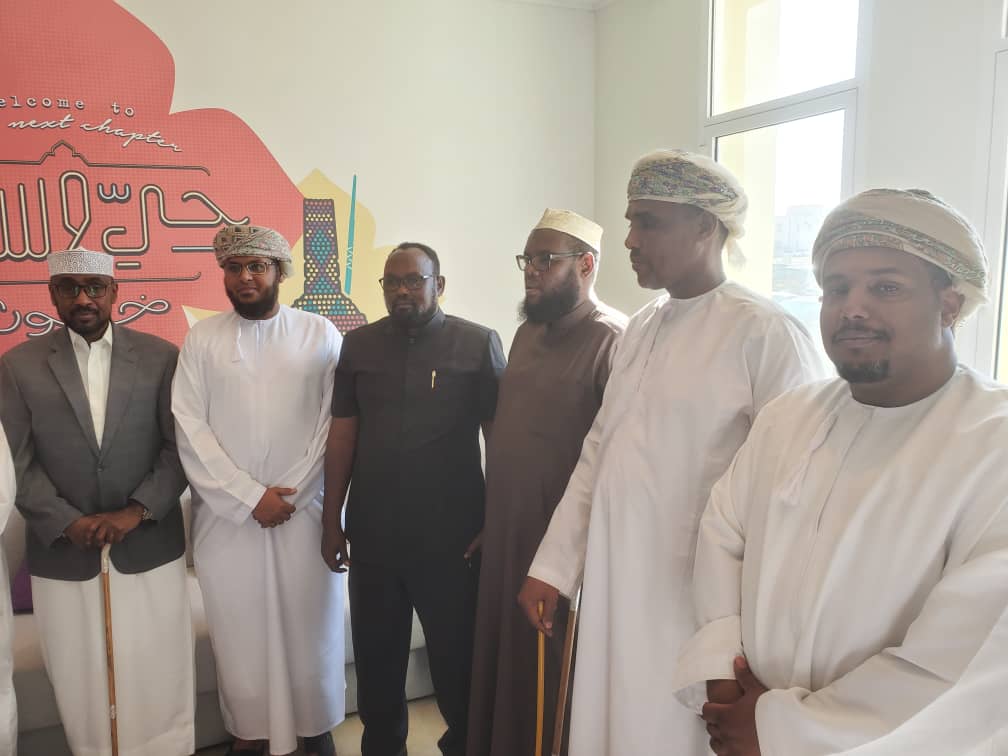Somalia’s financial lifeline remains under threat as banks in US, UK, Australia, and elsewhere have broken…
Somalia’s financial lifeline remains under threat as banks in US, UK, Australia, and elsewhere have broken ties with the money transfer operators that make remittances possible, NGOs warn.

Nairobi,19 February, 2015 – Just three years on from a devastating famine that killed 258,000, Somalia continues to be in the grips of crisis. At the same time, the country’s vital lifeline – $1.3 billion in remittances annually representing 25-45 percent of the country’s GDP – is slowly being choked off in the US, UK and Australia, NGOs warned in a report released today, Hanging by a Thread: The ongoing threat to Somalia’s remittance lifeline.
Two weeks ago, US-based Merchants Bank closed all accounts with Somali money transfer operators (MTOs). According to MTOs Merchants was responsible for transferring an estimated 60-80 per cent of remittances from the USA. Similarly, in Australia, Westpac Bank has announced that it will close Somali remittance accounts soon, and last year in the UK Barclays Bank also closed accounts of Somali MTOs.
“This is not just extra money; this is money that I need to survive on a daily basis,” says Hawa Abdullahi Warsame, a Somali woman living in northern Somalia. “Not only am I dependent on it, but over 10 relatives – my entire extended family – are as well. I have sick relatives who need medication, and children that I am trying to provide an education for. This money is vital for that.”
Degan Ali, Adeso’s Executive Director, said annual remittances to Somalia dwarf the yearly humanitarian aid, development aid and foreign direct investment budgets for Somalia combined.
“If banks end their relationships with money transfer operators, families stand to lose the only transparent means of cash transfer open to them. Many will be forced to use informal channels to send and receive funds from loved ones overseas, and ultimately much less money will go through,” she said.
“Over 40 percent of people living in Somalia rely on remittances to meet their basic daily needs, such as food, health and education. Governments must urgently make good their promises to keep this crucial flow of cash open. If not, three million Somalis risk going hungry this year, families will not be able to afford health care, and a generation of children could be kept out of school” said Oxfam Somalia Country Director Enzo Vecchio.
Positive steps, but not enough
The steps taken by a number of Western governments over the past year have been largely positive, but ultimately not enough to prevent the critical lack of access to banking services that now exists for Somali MTOs.
The UK has made some progress with its ‘Safer Corridors’ initiative, which aims to build banks’ confidence in Somali MTOs by strengthening their accountability and transparency mechanisms. The UK Government, however, needs to move quickly to implement the programme and ensure more active engagement with the banking sector.
In September 2014 the US Treasury Department publicly acknowledged that MTO account closures could be disastrous for US and Somali interests and promised to clarify expectations for banks partnering with MTOs perceived to be high risk. The Treasury Department and USAID have also worked with Somalia’s Central Bank to improve its financial management systems. Yet these important steps have not stemmed the tide of bank account closures that have been largely driven by government regulation. Unless the US government takes urgent and extraordinary action to restore the full flow of remittances through formal channels, many Somali families will struggle to survive.
In Australia, like in the US, only one bank, Westpac, is currently partnering with MTOs – but even this relationship came under threat in August 2014 when the bank announced its intention to close bank accounts of MTOs. Under public pressure, Westpac delayed the closure, but only temporarily. The Australian Government has established a working group with Somali remittance organisations, affected communities trying to send cash back to Somalia, and the banking sector to find solutions to keep the lifeline open, but it remains highly uncertain whether remittance services will be able to continue long term.
The G20 and the global Financial Action Task Force hope to address the issue of bank de-risking, and the World Bank is leading in rolling out the UK’s Safer Corridor initiative and advising Somali authorities on how to set up stronger public financial management systems.
Despite all this, more must be done to save this vital lifeline.
Improvement of financial management systems
“The Somali government must prioritise improving its financial management systems, particularly in terms of transparency, remitting country governments must work with their banking sectors to manage risk, and MTOs should improve their accountability and transparency procedures further to mitigate risk,” said Liat Shetret, New York Office Director, Global Center on Cooperative Security.
“Furthermore, the World Bank should take a more collaborative approach to strengthening the whole system, from financial management in Somalia to international support to keeping remittance systems operational; and the G20 must use their convening power to call on member states to work with their banking sectors.”
Read: JOINT AGENCY BRIEFING NOTE
END
